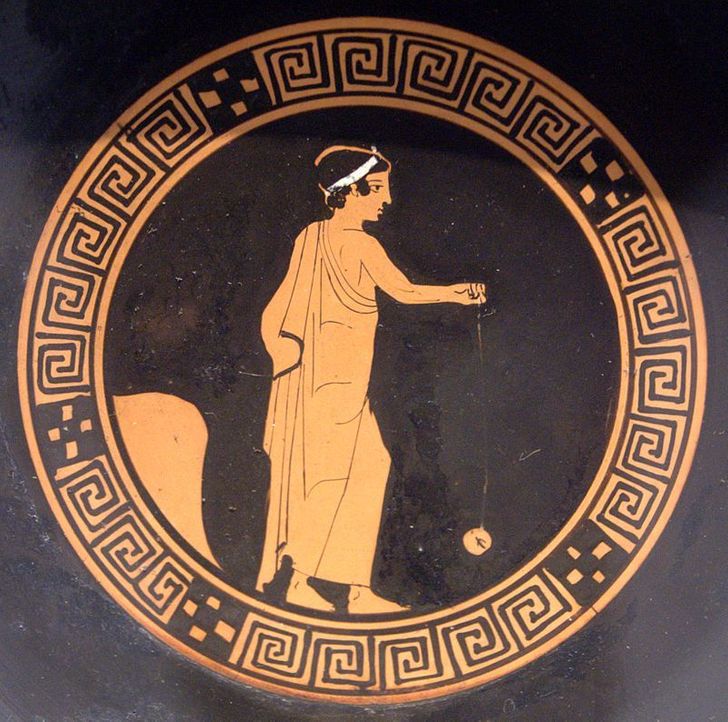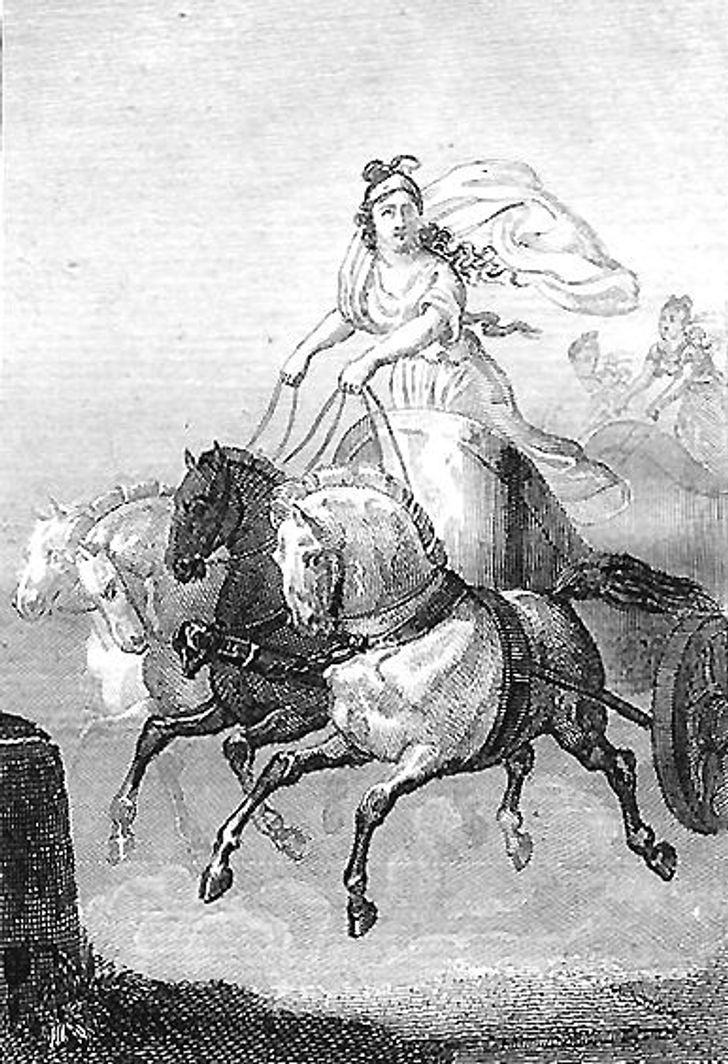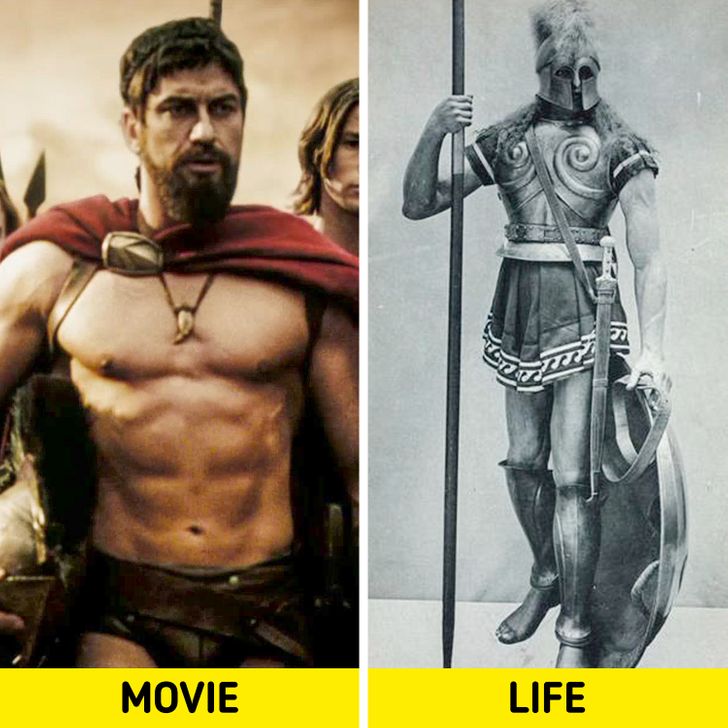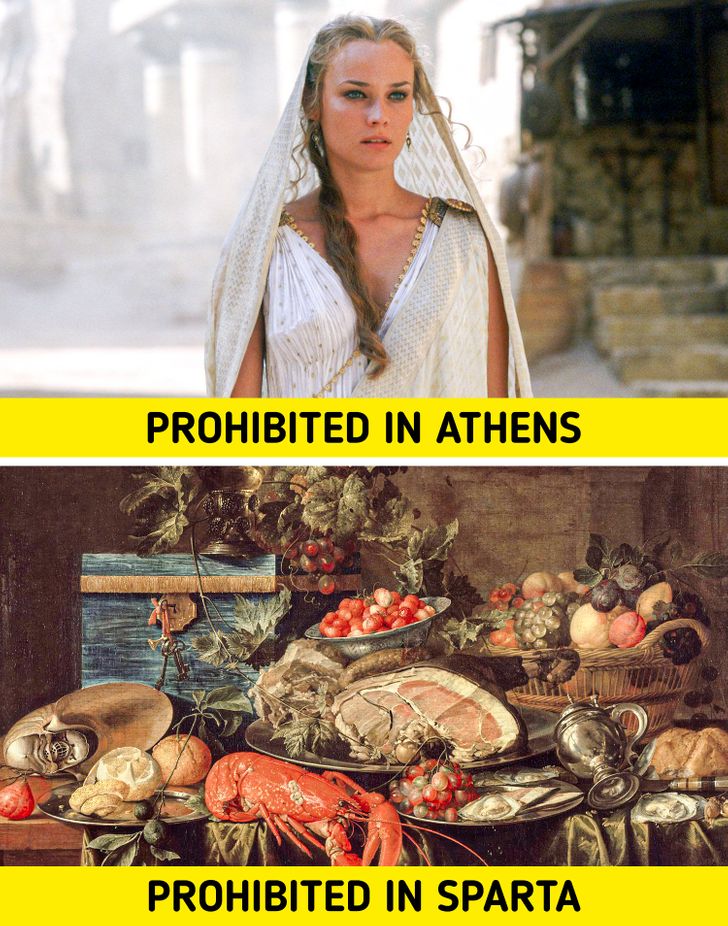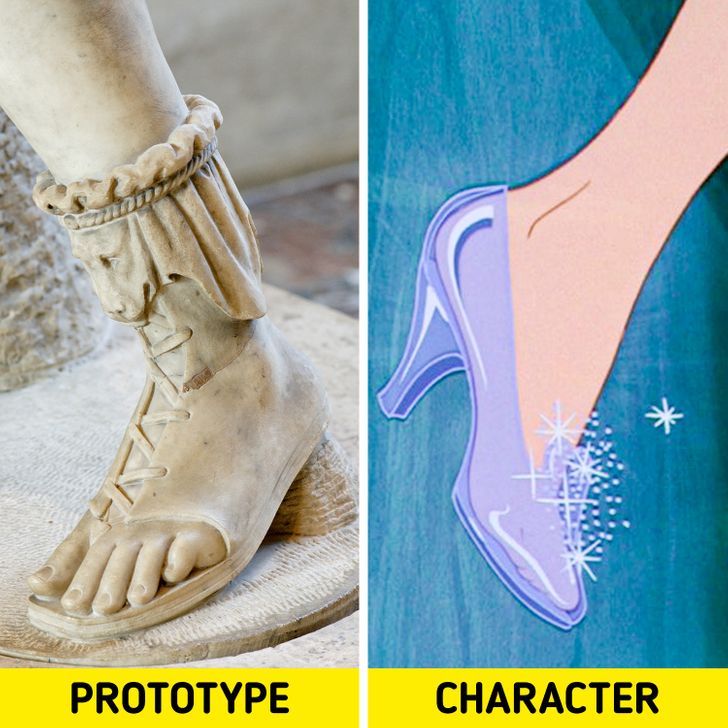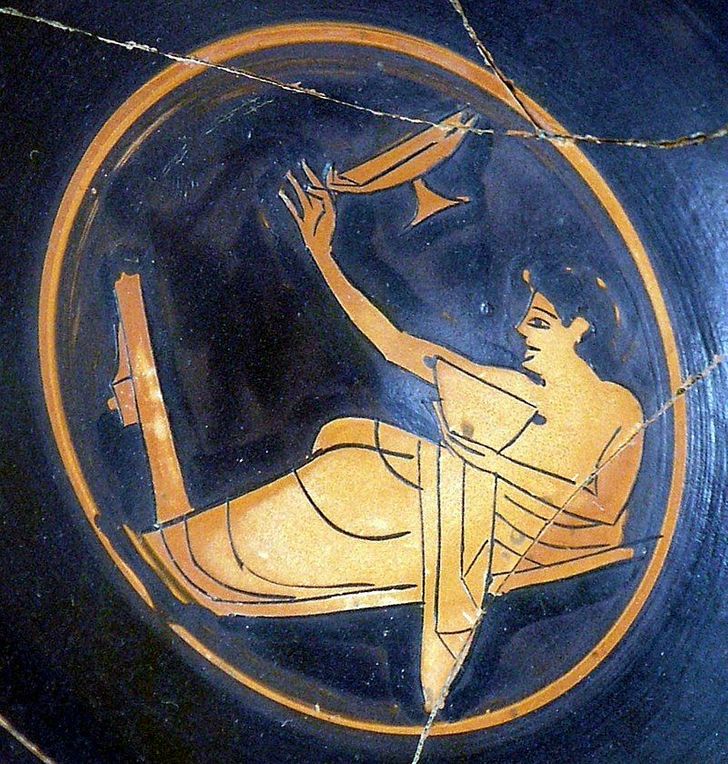20+ Facts About Ancient Greece That Might Even Surprise a History Professor
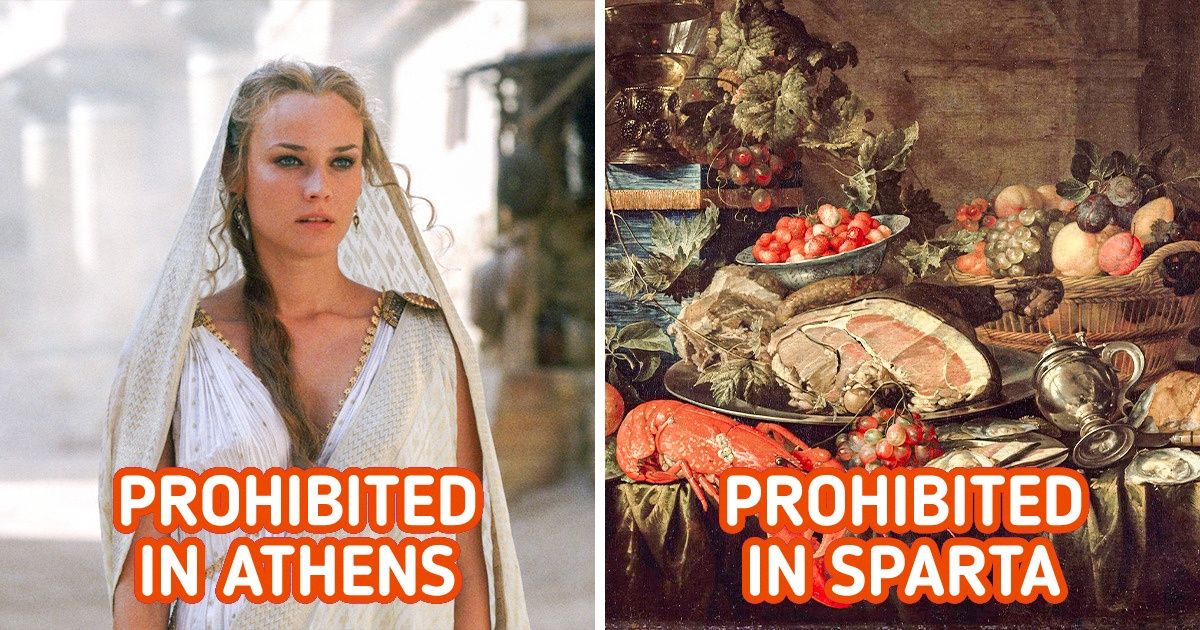
Ancient Greeks seem to have invented everything we use today: theater, Olympic games, philosophy, and yo-yos.
We at Bright Side absolutely love learning new things about ancient civilizations which is why we decided to write this article.
- The Greek alphabet was invented at the beginning of the 8th century B.C.E. It was the first alphabetic script in history to have distinct letters for vowels.
- The yo-yo was invented in Ancient Greece. It was first mentioned in 440 B.C.E. Yo-yos were made of wood, metal, or painted terra cotta disks.
- Speaking of Gods... The head of the Ancient Greek Pantheon was believed to be Zeus, but this is not entirely correct. The thing is, Greece wasn’t a single state — it consisted of different cities that didn’t depend on one another. And every polis had its own cult. While believing in multiple gods, the ancient Greeks would usually only worship one god depending on where they lived or their status in life, in a concept known as “henotheism.”
- Classic Greek heroes often did pretty bad things from a modern perspective. Heracles had multiple lovers in addition to his 4 wives, and Achilles had an argument abandoned his friends during the Trojan War.
- One of the most beloved Ancient Greek gods is Dionysus, the god of the grape harvest and fertility. There were festivals called Dionysia. The participants organized celebrations with food.
- Another celebration that Ancient Greeks loved was the Olympiad. They loved it so much that they even based their calendars on it. The event was held once every 4 years in July/August. So, the first year of their first Olympiad was July 776 B.C.E.
- During the Olympiad, all military conflicts were prohibited for the 3 months leading up to the event. This was done to make sure that all visitors could get to the location of the event safely. Wars still occurred, just not in the region of Ilia.
- Women were generally not allowed to be in the Olympic games, neither as participants nor as viewers.
- An exception to this rule was that they allowed women to enter horses into equestrian games. One example was the Spartan princess Cynisca, who won the event without even taking part in it. Her horses finished first in the games in 396 B.C.E. and 392 B.C.E, making her the winner.
- There was a very popular myth in Sparta that weak boys were thrown away in a pit. This was described by the Ancient Greek historian Plutarch. But according to the most recent information, he distorted the information for the political elites of the time. Archaeologists did research in the place where the babies should’ve been, but they found no proof of Plutarch’s words. In reality, prisoners and criminals were sent there.
- But the way Spartans lived and raised their children was still pretty harsh. At the age of 7, boys were sent to special military camps. The kids slept on reed beds that they made themselves, and they weren’t allowed to wear clothes until the age of 12. Some boys put nettles on their beds to keep themselves warm. The boys were constantly doing physical exercises and learning to use swords and throw spears. They were also supposed to find food by themselves.
- One of Laconia’s traditional foods tasted terrible. We don’t know the exact ingredients (it was probably lentils with beef blood). There were many jokes about Spartan courage and this meal. The gist of the jokes was that only real Spartans would eat this terrible meal all the time.
- The Spartan army was the best in the Ancient Greek world and for a long time it was believed to be unbeatable, but many stories about it are exaggerations like, for example, the famous Battle of Thermopylae that the film 300 was based on. In reality, the Persians had to fight against 6,000 to 7,000 Greek warriors. The “300” Spartans were accompanied by Greeks from other city-states that also took part in the battle.
- Besides, the 300 Spartans had way more equipment than they did in the film, like chest armor and helmets.
- The 300 Spartans weren’t the only famous ones, there was also the Sacred Band of Thebes. By the way, these soldiers were the first ones to defeat the Spartans who were believed to be unbeatable. But the most amazing fact about these soldiers is that the band consisted of lovers who made vows at the shrine of Iolaus (one of the lovers of Heracles).
- Love marriages were quite rare. In the best-case scenario, the spouses might have been attracted to each other, but husbands often cheated on their wives.
- Being unmarried was also punished. In Sparta, there were laws against being confirmed bachelors, as well as marrying too late in life.
- A married woman depended a lot on her husband. In Athens, they were legally considered part of a man’s household rather than a legal person. Women could only vote, own land, or inherit property under special circumstances. It was also a bad idea to be outside alone and a respectable woman’s name couldn’t be said in public.
- It was easier for women in Sparta — they were allowed to own land and play sports. But they had to cook the terrible black soup we described before and most likely eat it.
- Preparing certain delicious and unusual meals in Sparta was prohibited.
- Women in Ancient Greece could gain independence by becoming a hetaera. They were wealthy and respected by society. But in order to become one, a woman had to study at a special school from early childhood.
- Famous hetaera Rhodopis was the prototype of the first tale about Cinderella. According to the story, when she was bathing, her shoe was stolen by an eagle and thrown into the lap of an Egyptian pharaoh. He was stunned by the shoe and wanted the owner to be found. And that’s how she became the Queen of Egypt.
- Many people think that all Greeks ate food while lying down. This is not entirely true. Reclining dining couches were usually reserved for men and, rarely, their female companions.
- Banquets for men were called symposiums. They had a lot of fun and played games during these events.
- Average families had very dirty homes. First of all, this was due to the soot from the frying of meat, and from the wood that was used to light the place. The soot quickly covered the walls and got absorbed by the wood. In Homer’s poems, you can find many mentions of the soot ruining the weapons that were hanging on the walls.
- During its economic development period in the 5th and 4th centuries B.C.E., Ancient Greece was the most developed country in the world. You can see it in the salary of people, which was about 12 kg of wheat. In the Roman empire, an average salary was only about 3.75 kg.
Would you like to visit Ancient Greece? Why are you interested in this historical period?
Comments
too bad
So the spartans were a really brute folk? That's so interesting... I should read more about history
I've always been such a nerd when it comes to Greek history, I love the demi gods and gods they had... really interesting!
haha I bet you were the only guy in your class who liked history!
actually true, I wanted to be an archeologist before I decided to do computer science!
I would love to go to Athens because I like Athena.
Related Reads
My Parents Excluded Me From the Inheritance, So I Refuse to Host Christmas Dinner for Free

14 Unresolved Nanny Stories That Keep Us Guessing

My Boss Stole My Idea for Our Biggest Client, So I Set a Clever Trap

I Refused to Knit My Coworker a Free Blanket, and Now HR Is Involved

15 Stories That Prove Some People Live in a World With Totally Different Logic

12 Family Stories With a Twist That Could Rival Any Sitcom Script

14 People Who Just Went With the Flow and Ended Up With a Story Worth Telling

16 Stories That Prove a Dad’s Love Is the Most Powerful Magic in the World

17 Moments That Prove Kindness Is the Warmth the World Needs

I Was the Invisible Child for Years, So I Made Them Regret Ignoring Me

15 Moments That Show Quiet Kindness Is the Strength the World Needs Most

17 Moments That Prove Kindness Is a Superpower in Casual Outfit

